Slideshow: Top Causes of Hearing Loss

Noise on the Job
Hearing loss is the third most common condition in the U.S., after arthritis and heart disease. One cause is loud noise in the workplace, like machinery. About 22 million Americans face unsafe levels of noise at work. Things like motorcycles and power tools also can hurt your hearing over time. Try to avoid noisy activities or take breaks from them often. Wear earplugs or ear protectors that fit over your ears.
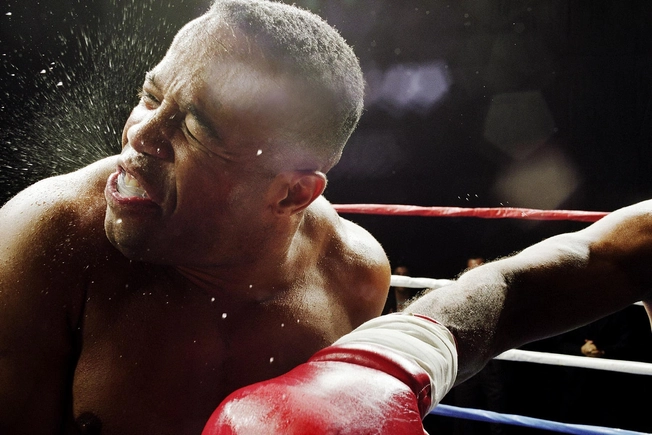
Injury or Pressure Changes
A serious head injury can dislocate your middle-ear bones or damage nerves and cause permanent hearing loss. Sudden changes in pressure from flying or scuba diving could also harm your eardrum or middle or inner ear. Eardrums usually heal in a few weeks. But if your inner ear is badly injured, you may need surgery. Never stick cotton swabs or other objects into your ears. This can break your eardrum and cause permanent damage.
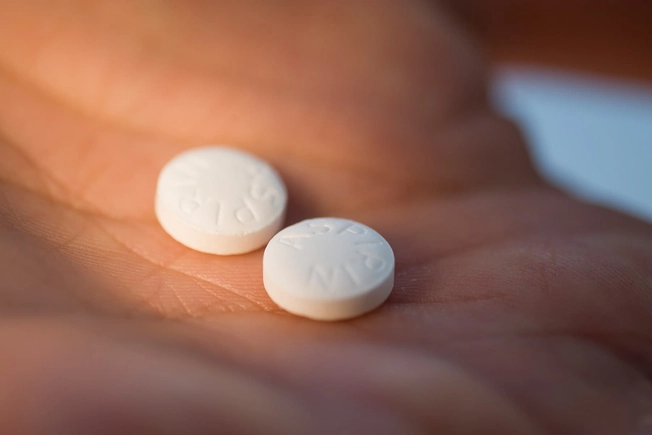
Medicines
Hearing loss can be a side effect of some medicines, including certain antibiotics, cancer medications, and erectile dysfunction drugs. Your doctor will probably keep an eye on your hearing while you take them. But some hearing loss may be permanent. Other drugs that may cause temporary hearing loss include:
- Aspirin and other NSAIDs, like ibuprofen
- Loop diuretics, often used for high blood pressure
- Anti-malaria drugs, like quinine

Chronic Disease
Certain long-lasting diseases that aren't directly related to your ears can cause hearing loss. Some do it by interrupting blood flow to your inner ear or brain. These conditions include:
- Heart disease
- Stroke
- High blood pressure
- Diabetes
Autoimmune diseases, such as rheumatoid arthritis, are also linked to some types of hearing loss.

Ear 'Stroke'
Ear "stroke" (sudden sensorineural hearing loss) happens when you lose your hearing suddenly or over a few days. It most often affects just one ear. Injury, medications, or a medical condition might cause it. But in 90% of cases, doctors can't find any reason. If this happens to you, get medical help right away. Treatment can protect your hearing
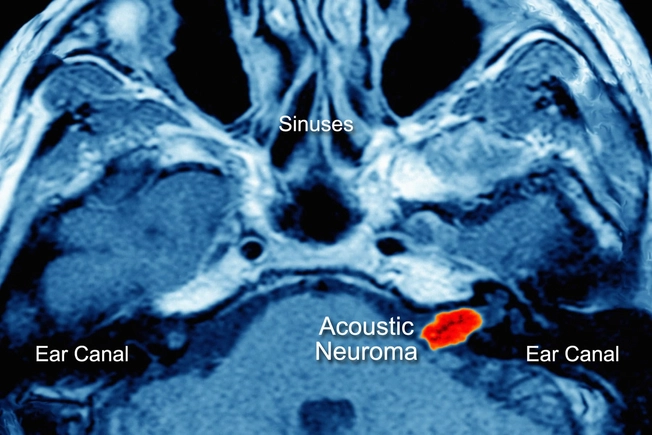
Tumors and Growths
Noncancerous growths, including bone tumors, scar tissue, and cysts, can block your ear canal and cause hearing loss. Sometimes, removing the growth restores hearing. A rare tumor called acoustic neuroma grows on the hearing and balance nerves in your inner ear. Along with hearing loss, it can cause balance issues, facial numbness, and ringing in the ears. Treatment can sometimes save some hearing.

Explosive Noises
Firecrackers, gunshots, and other explosions create powerful sound waves that may rupture your eardrum or damage your inner ear. This can cause sudden hearing loss, either temporary or permanent. In fact, hearing loss caused by gunfire or explosions is now the No. 1 U.S. combat disability. To guard your hearing, wear ear protection and stand as far as you can from the source of the noise.

Concerts, Loud Noises, and Tinnitus
Ringing in your ears after a concert? That’s called tinnitus. It's not the same as hearing loss, but they're related. The average decibel level at a rock show is 110, enough to do damage in less than 5 minutes. Any noise over 85 decibels can affect your hearing. Other risky sounds include leaf blowers and chain saws. Tinnitus can last for hours, weeks, or forever. To prevent it, wear earplugs and limit your exposure.

Earbuds and Headphones
Can others hear the music you’re playing through your earbuds or earphones? If so, you may want to turn down the volume. Using these devices can cause temporary or permanent hearing loss. The louder the music and the longer you listen, the greater your risks are. For safer listening, set the volume at no higher than 60% of the maximum. And don't listen for more than an hour at a time.
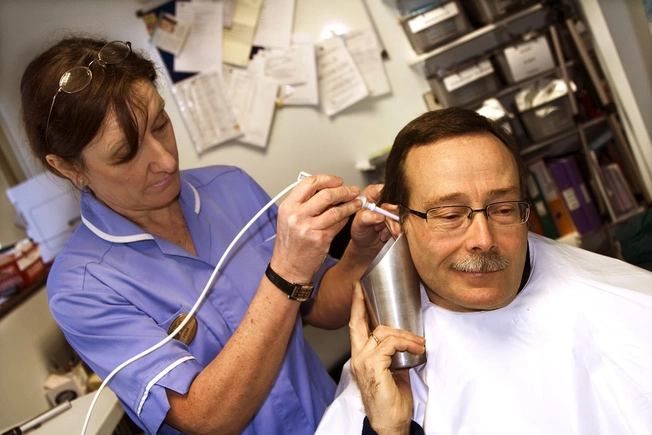
Earwax Buildup
Earwax protects your ear canal against dirt and bacteria. But it can build up, harden, and affect your hearing. This is the most common cause of treatable hearing loss. Think you have an earwax blockage? Don't try to remove it yourself. It's not safe to put a swab or anything else into your ear canal. A doctor can do it quickly and safely
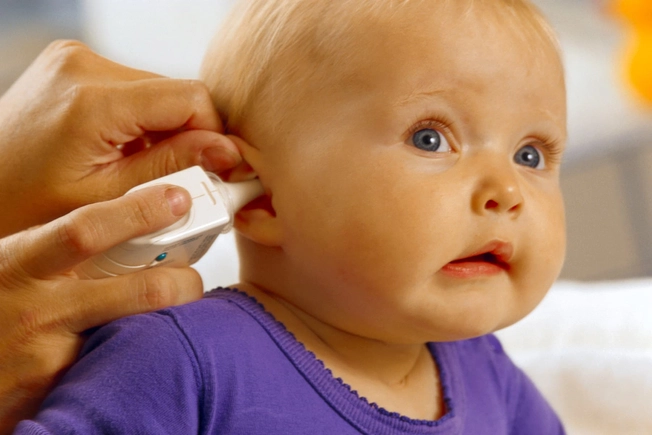
Illnesses and Infections
Many illnesses common in children and young adults can affect hearing. In ear infections, your middle ear may fill with fluid, causing temporary hearing loss. Other illnesses could damage the middle or inner ear and lead to permanent hearing loss. Diseases that can affect hearing include:
- Chickenpox
- Encephalitis
- Flu
- Measles
- Meningitis
- Mumps
Vaccines can protect you or your child from many of them.

Hearing Loss at Birth
Some children are born with hearing loss. This is called congenital hearing loss. It often runs in families. But it can also happen when the mother has diabetes, high blood pressure, or an infection when pregnant. Premature delivery, or trauma during birth, can also leave an infant with hearing loss. Jaundice also sometimes leads to hearing loss in newborns.
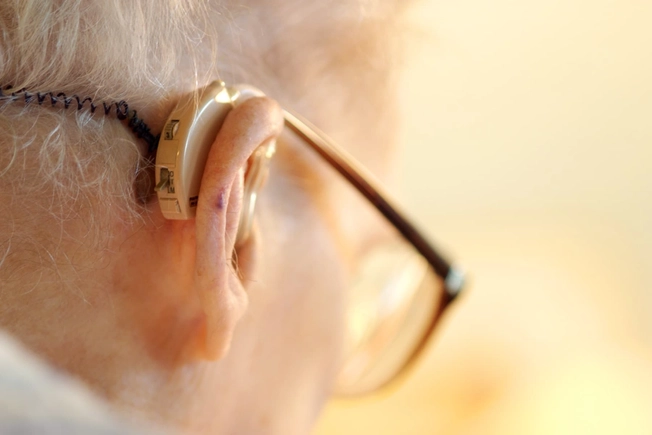
Age
Hearing weakens as you grow older. Damage from noise and illnesses may contribute. But it can happen even if you protect your ears all your life. By age 75, nearly half of people have lost some hearing. But there are ways to help you function better, including hearing aids, cochlear implants, and therapy. Talk with an audiologist to see what might work for you.
